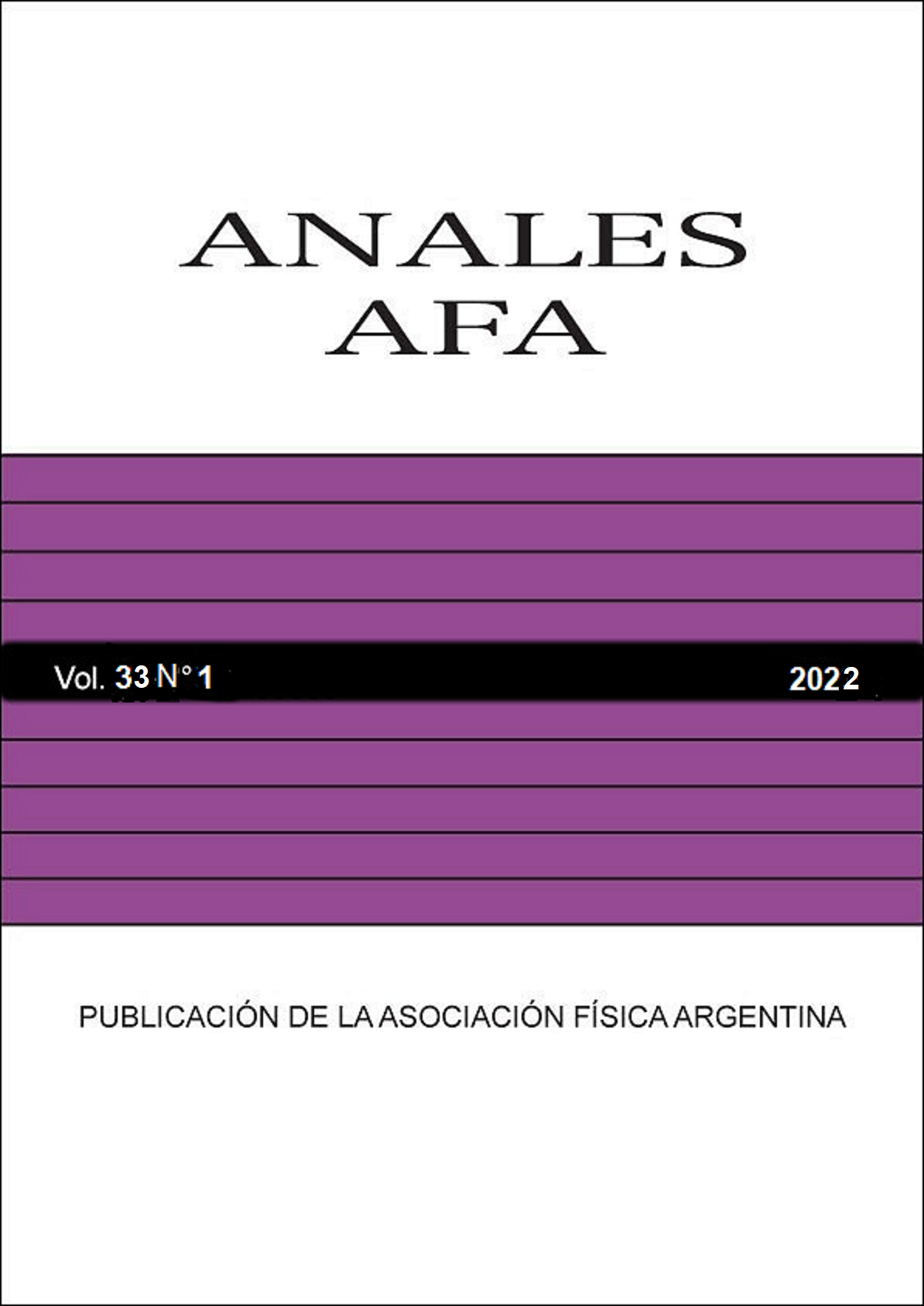EFFECT OF HEAT TREATMENT ON HYDROGEN SOLUBILITY IN Zr-2.5Nb ALLOY
Abstract
We have studied the hydrogen terminal solid solubility (TSS) on Zr-2.5Nb. The samples were aged at 470 ◦C for 10 h, plus a hydrogen gaseous charge followed by a homogenization treatment at 470 ◦C - 6 h in order of distributing the hydrogen throughout the sample’s bulk. The microstructure was characterized by Optical Microscopy, Scanning Electron Microscopy, and X-Rays. Differential Scanning Calorimetry (DSC) test were carried out to determine the hydrides dissolution and precipitation temperatures from which the hydrogen TSS curves were obtained. Our results reveal that the thermal treatment employed has not significantly affected the microstructure compared to treatments at 380 ◦C by other authors; however, the hydrogen TSS was slightly higher.




